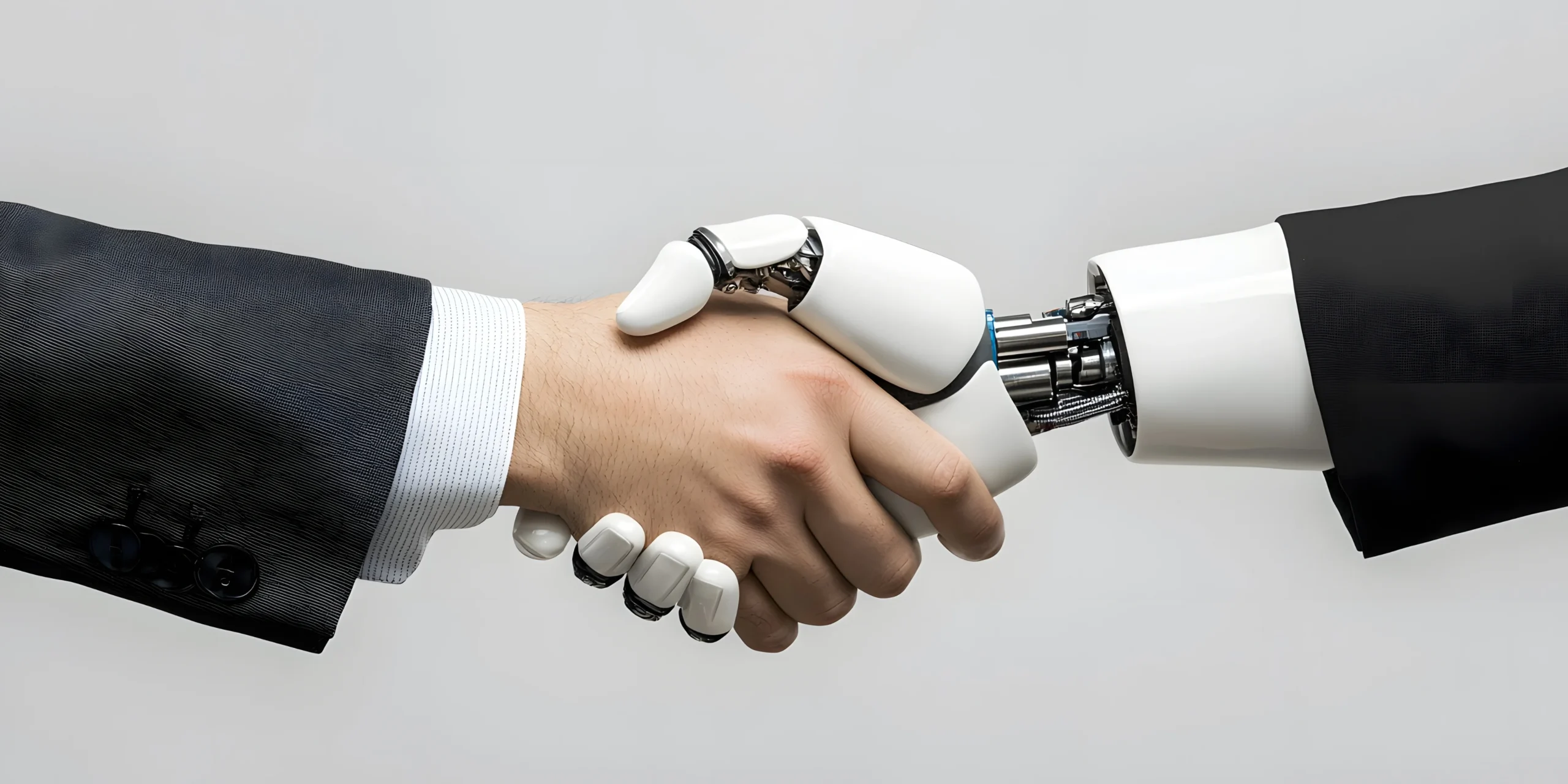Why It Matters
You may think your manager decides who gets promoted or fired. In reality, an invisible boss may already be pulling the strings – one made of code. Across industries, “shadow AI” systems are steering workplace decisions without employees ever knowing. From hiring to discipline, algorithms are taking on management roles in ways that are opaque, unaccountable, and hard to resist.
The Quiet Takeover
Workplace AI isn’t always obvious. It lurks in résumé screeners, productivity trackers, and scheduling apps. According to the Pew Research Center, 60% of U.S. workers suspect their employer uses monitoring technology – and many don’t know the extent (Pew Research).
What’s alarming is not just the presence of these tools, but their power. Some systems don’t just flag “low performers.” They can automatically terminate contracts. At Amazon, algorithmic systems have fired warehouse staff for missing productivity benchmarks – without a human manager ever intervening (The Verge).
Where the Algorithms Decide
- Hiring: Resumes filtered by opaque scoring models.
- Scheduling: Shifts optimized for efficiency, but not for human lives.
- Monitoring: Keystrokes, mouse clicks, and “focus time” measured by AI.
- Promotions and Pay: Dashboards influencing who moves up – or out.
What’s left for the human manager is often little more than rubber-stamping.
The Hidden Costs
Proponents claim algorithmic management reduces bias and boosts efficiency. But behind the buzzwords are troubling realities:
- Invisible bias: If historic data reflects inequality, AI will replicate it.
- Opaque metrics: Workers rarely know what counts against them.
- Human impact: Ever-shifting schedules and relentless tracking erode wellbeing.
A Gartner report predicts that by 2026, half of large enterprises will rely on algorithmic management for core HR functions (Gartner). If so, the problem isn’t going away – it’s scaling up.
The Fight for Transparency
Europe is moving first. The EU’s AI Act will require employers to disclose when automated systems influence worker decisions. In the U.S., California legislators are drafting rules around algorithmic hiring. But laws lag behind adoption. Right now, shadow AI is spreading faster than oversight can catch it.
Practical Takeaways
- Workers: Ask directly what systems are tracking you and how results are used.
- Employers: Treat AI as an assistant, not an invisible enforcer.
- Lawmakers: Regulation must anticipate abuse before it becomes the default.
Shadow AI isn’t just the future of work – it’s already your boss. The question is whether it will remain hidden, or be forced into the light.








Leave a Reply